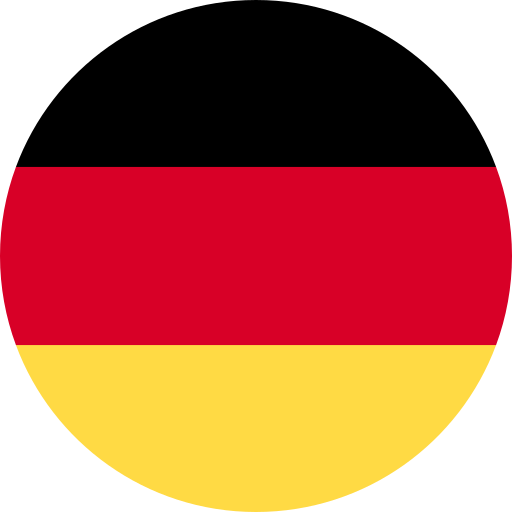Foundation
History
The first kindergarten was founded in 1975 on a private level – with state recognition. After other kindergartens joined us in the 1980s at the request of parents, the Kindergärten Finkenau e. V. association was founded in 1990, which was transformed into the Kindergärten Finkenau Foundation on January 1, 2010.
One of the founding board members was Konrad Mette, a qualified social pedagogue, who was able to implement his educational ideas of lots of exercise for urban children, participation, cooking together and the trip that took place several times a year at the time. The understanding of an inclusive attitude at the time formed a natural framework for dealing with children with disabilities right from the start. Over the decades, its focus shifted to the areas of personnel development and educational development of the facilities, as well as the implementation of new projects. The founding director Inge Schüler was responsible for the business side and the administration of the foundation from the outset and, in the course of her work, built up a lean administrative system that always focused on the needs and requirements of the facilities. With Uta Mette as the third member, the founding board was now complete and the foundation stone for today’s foundation was laid. Ms. Mette is a qualified psychologist and has been promoting the topics of child welfare and prevention in the foundation from the very beginning and is responsible for the area of further training as part of quality development.
The foundation currently has 30 daycare centers and GBS/GTS locations and more are planned. We educate and care for crèche, elementary and school children as well as children with disabilities or special talents. Some of our facilities are located in socially deprived areas, while others are in Barmbek, Wellingsbüttel, Othmarschen and Schanze, for example. The children come to us from around 8-12 months and some stay until they leave elementary school.
The foundation has been a member of the Paritätischer Wohlfahrtsverband since June 1, 1981. This provides us with the opportunity for a differentiated exchange with other providers and we are involved in the various working groups on specialist topics and quality development processes. We also use our voice to contribute content to discussions with specialist authorities and politicians.
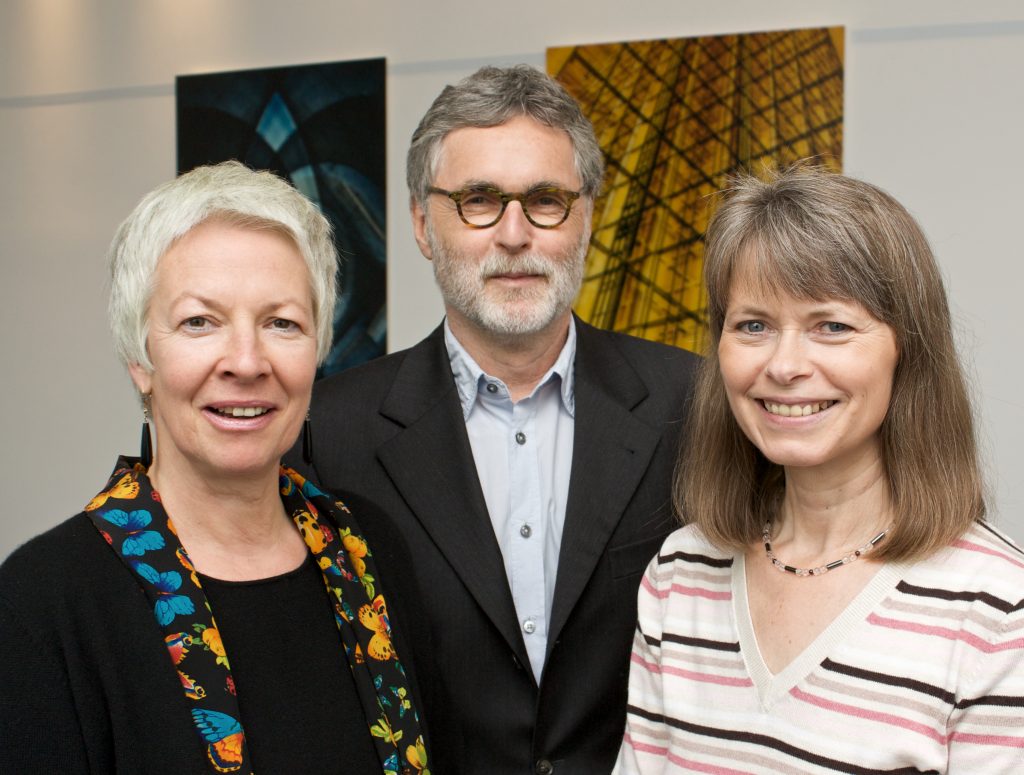
The further development of our ideas also takes us as a provider beyond the framework of the daycare centers. We are receiving an increasing number of inquiries from companies and other providers regarding specialist advice or questions about work-life balance.
From the very beginning, we have stood up for basic democratic values and the freedom of the individual in our diverse society, as long as the needs of the community are respected. We are politically independent and offer space for all nationalities and people of different religions, which is why religious, political and other symbols remain outside our facilities.
Read even more about Finkenau in this press release (german).
Our board
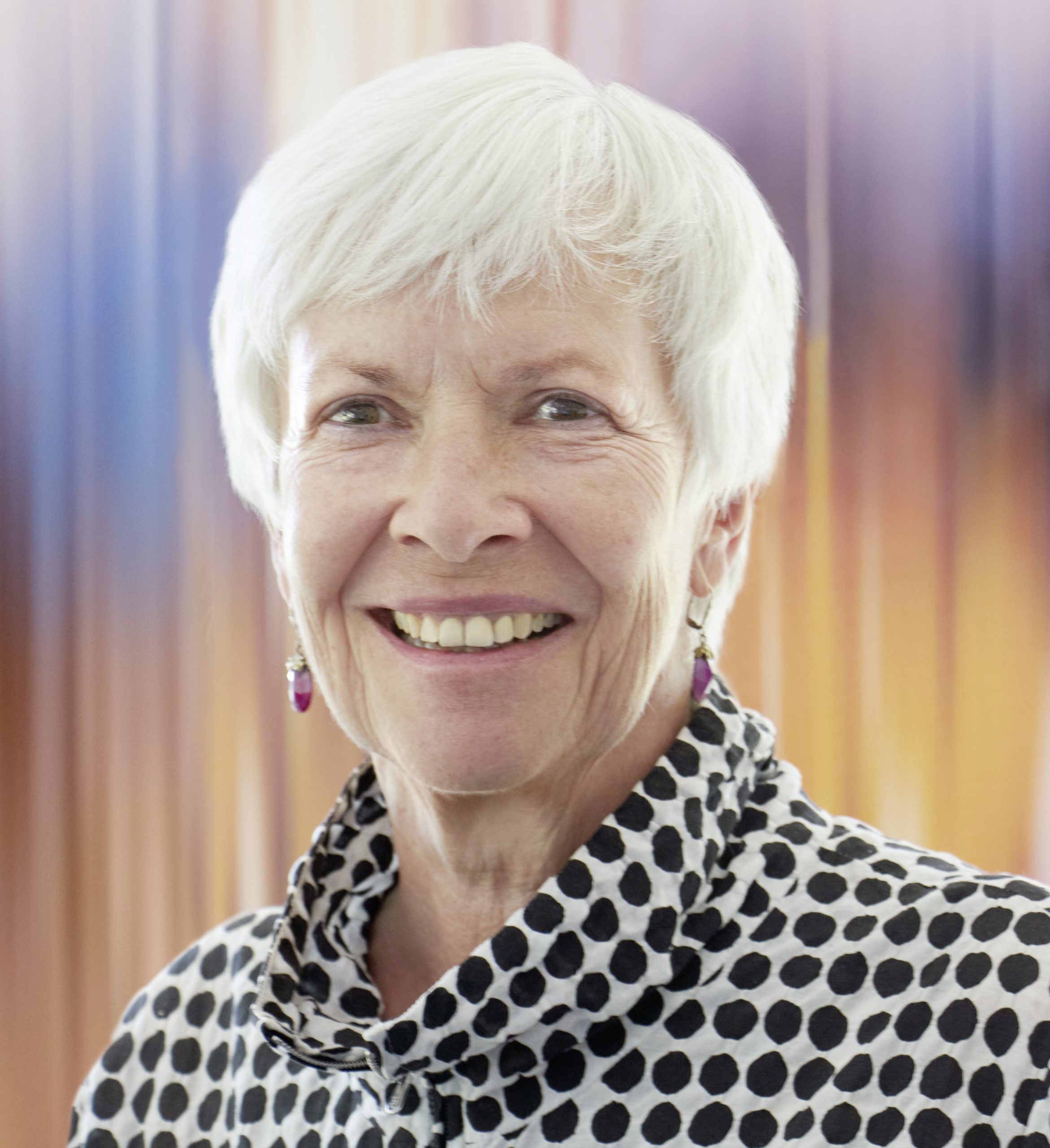
Uta Mette
The qualified psychologist/systemic therapist is responsible for the internal training program for educational staff and employees from the housekeeping department. Together with her colleague on the board, Ms. Linda Köster, the content is reviewed annually to ensure it is up to date and changed if necessary. Ms. Mette is responsible for the area of further training as part of quality development. The aim is to impart the latest sound knowledge from the fields of education, developmental psychology, social pedagogy and related areas. It accompanies the daycare centers on site and supports the pedagogical specialists in the context of case supervision. Counseling services are available for children (training) and parents. Uta Mette is very familiar with working with children – the trained educator has worked in children’s homes, in child and adolescent psychiatry and in daycare centers.
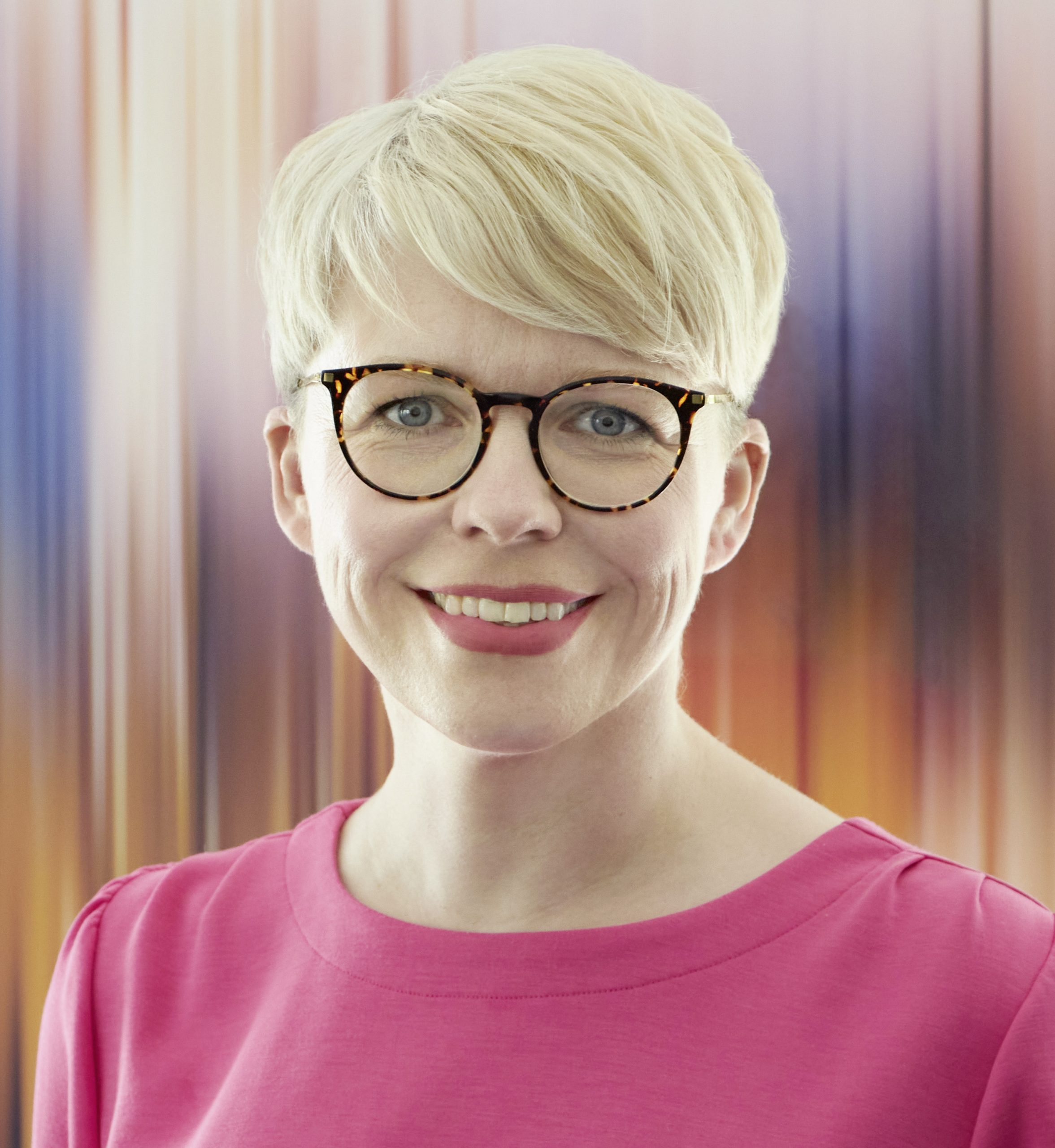
Linda Köster
The psychotherapist for children and adolescents began her career at the Finkenau Foundation in 2007 as an after-school care manager. After a brief stint in child and adolescent psychiatry, she returned in 2011 to work for the foundation as a member of the Executive Board and Head of Counseling and Training. She has been a member of the Executive Board since November 2020 and is responsible for the areas of education/psychology, counselling and child protection as well as the internal training program for employees. She also accompanies the facilities on site and supports the pedagogical specialists in the context of case supervision. Linda Köster is also part of the Finkenau advisory team.
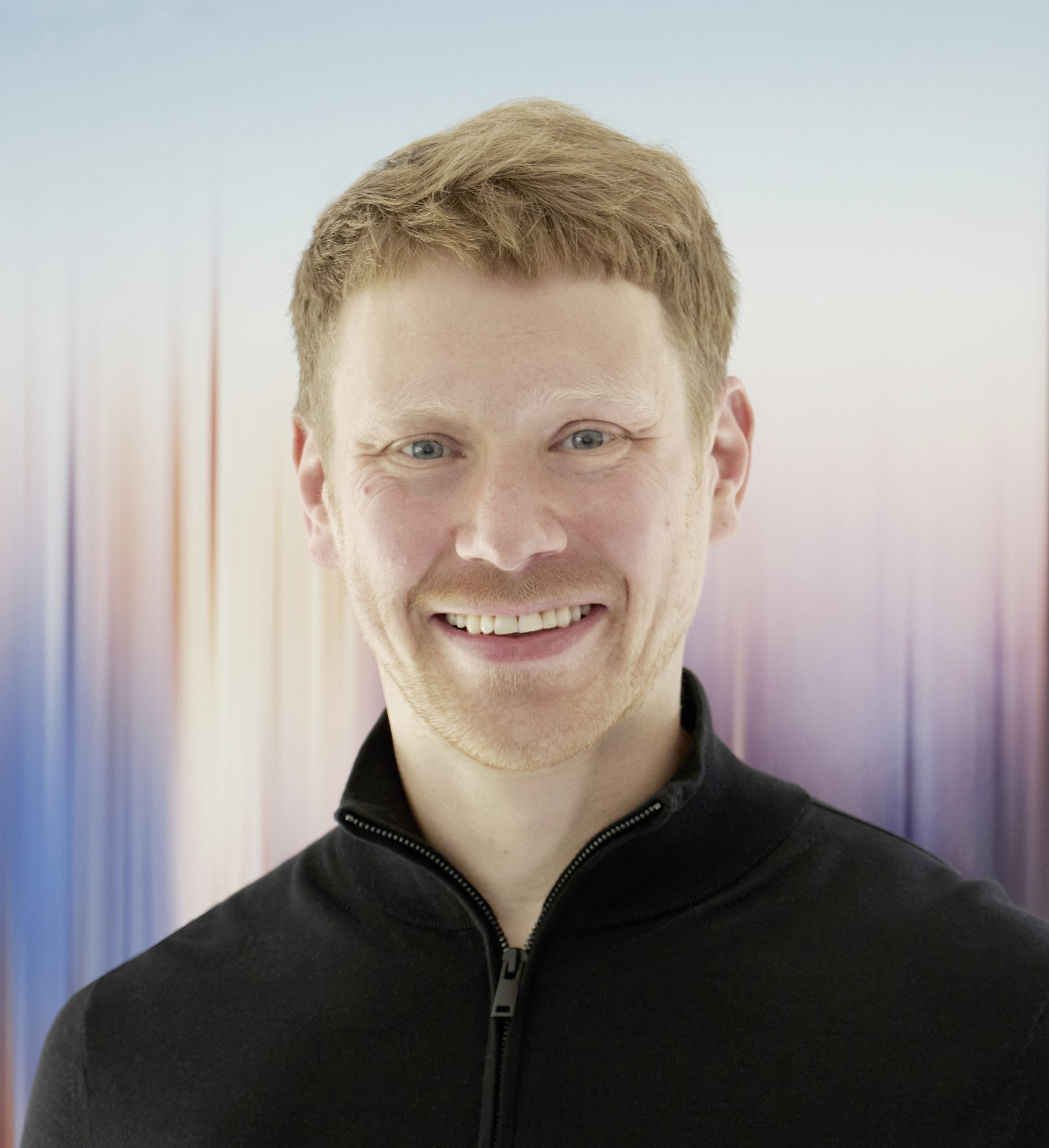
Dr. Marko Bleiber
Before his appointment to the Management Board in 2022, the qualified social pedagogue worked in various fields at the foundation. He started as an after-school care manager in 2009 and was involved in many educationally relevant topics at Finkenau at the time – such as educational and learning stories, development discussions and children’s trips. In 2012, he set up the then new Eulennest daycare center as a daycare manager. In 2015, Marko Bleiber changed his field of activity, first as a member of the Management Board and then as Head of Quality Assurance and Development.
On the Management Board, he is responsible for quality. He oversees the internal evaluation process and external audits. His responsibilities also include identifying needs, designing processes and transferring scientific findings into educational practice. As an expert in intergenerational encounters between children and senior citizens, he advises providers and associations.
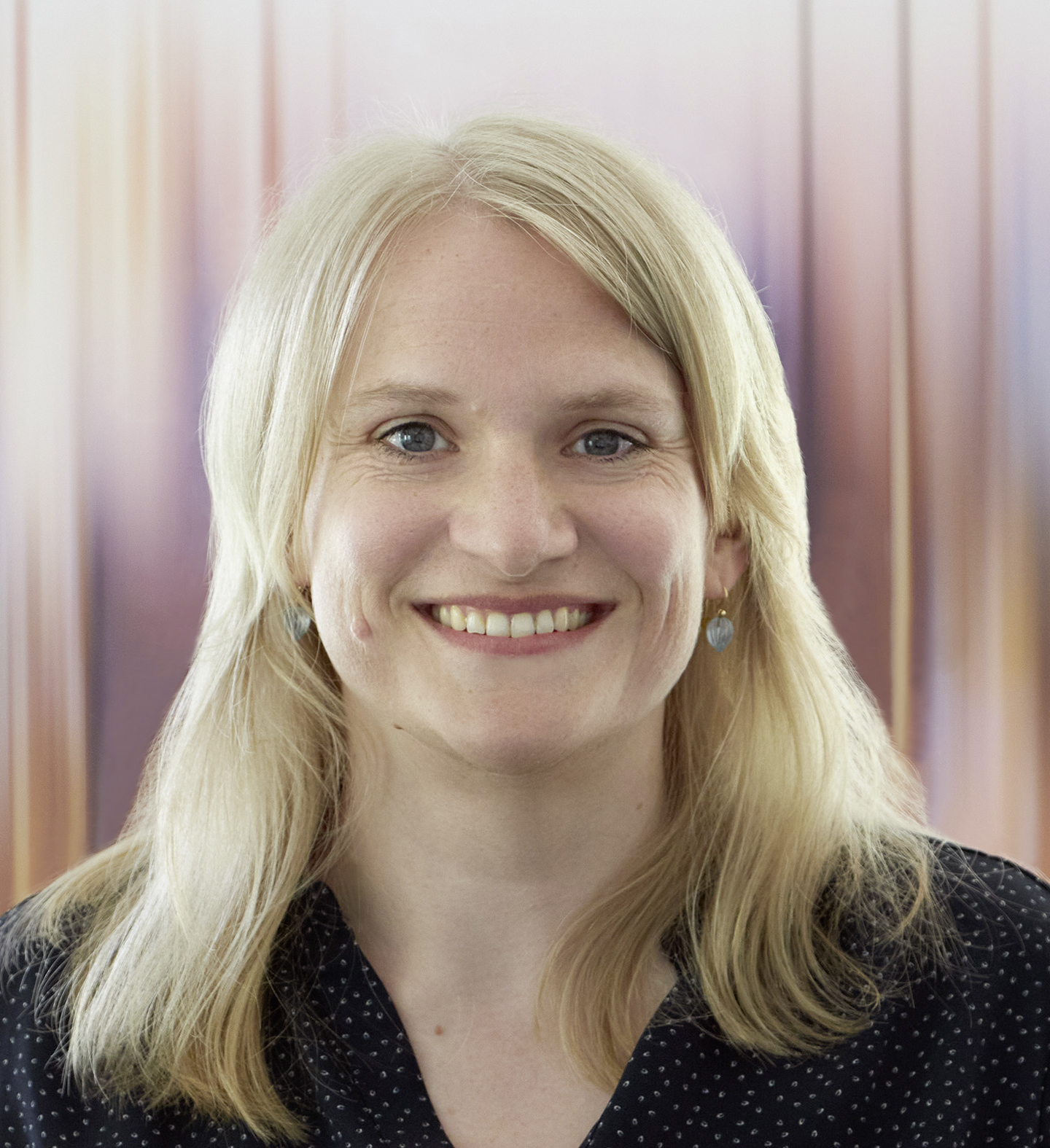
Anna Roski
Anna Roski has been a member of the Board of the Finkenau Kindergartens Foundation since May 2023. She is responsible for the area of human resources with a wide range of topics such as employee recruitment, new hires and personnel development. Anna Roski has been employed at Finkenau since 2009 and completed her Master’s degree in Social Work while working as a language support worker at Kita Sonnenschein (Rothenburgsort). She opened the Wilde Finken after-school care center and managed the Frieberg daycare center for several years. As a divisional manager, Anna Roski initially gained further extensive experience in various functions and from all areas of the foundation before focusing primarily on the personnel area: for example, she took on the induction of new managers, was the contact person for the managers on the subject of observation with documentation and the contact person for the school locations. She also remains a speaker for internal training courses as part of her work on the board.
Tasks of the board
- Management and development of personnel
- Administrative and technical supervision
- Case supervision
- Consulting and training of parents
- Training with children
- Development of new projects
- Organisation and implementation of further training for our educational staff
- Suggesting and accompanying quality assurance processes
- Collaboration within the umbrella organisation
- Public relations work
- Involvement in committees, youth aid, etc., as well as networking activities
- Negotiating fees
- Business operations
- Development of new facilities
The board maintains close contact with its management and the educational staff. The management team meets with the board once a month, when all relevant issues of daily politics and important matters concerning the welfare organisation are discussed. The board visits the facilities regularly and takes part in team meetings and parents’ evenings.
Mission statement
Preamble
As the non-profit foundation Stiftung Kindergärten Finkenau, we take care of children at kindergartens and schools. We see it as our task to positively contribute to and shape the start of life for all children entrusted to us. We stand up for the rights of children in our society. We take responsibility and get involved in social issues.
The board and its employees base their actions on the following principles:
We welcome all people. The foundation is unaffiliated with any religion, is politically independent, and we abide to free and democratic basic order. We demand compliance with democratic principles in society and our facilities.
We are aligned with current pedagogical as well as scientific and social developments. We are committed to sustainable development and take it into account in our practical work. We accompany and support the children, staff and families in their individual development.
The 6 key points of the mission statement with explanations
- We are a founder organisation and stand out through:
- flat hierarchies
- sound practical knowledge and an ongoing discourse on quality
- availability and regular exchange, also on personal issues
- a broad network and cooperation with like-minded partners
- We act according to the principle of prevention and adopt an attitude that prevents problems from arising.
- In our everyday work, the child’s welfare has highest priority
- We look after parenting skills according to the best interests of the child and offer free counselling for families
- We train our staff in the field of sexual education
- We are able to counteract difficult developments at an early stage through continuous observation and documentation that focuses on the strengths of the children
- We create a climate of mutual trust and of openness and promote cooperation with parents
- A subject running through all facilities is “Education for sustainable development”
- We create an awareness for healthy nutrition and ensure sufficient exercise is taken in everyday life
- We support our staff with information, offers and activities related to the subject of health protection
- We cultivate children’s and employees’ exertion of influence on decisions, plans and developments and support these in this process.
- We maintain regular dialogue among all stakeholders and ensure that children and staff are part of decision-making committees
- Participation and organisation/planning are enabled in an age-appropriate manner and with direct reference to everyday life
- We offer development support and inherently treat each other with respect
- For children:
- On the basis of observation and documentation, the development as a whole is discussed with the parents and educational staff
- We take into account the individuality of every child
- Trust, empathy and a spirit of community are important to us
- The emphasis on psychomotricity promotes independence and self-confidence
- For staff:
- We create a climate of trust, respect and loyalty among our staff
- We promote and respect diversity in our teams
- We facilitate professional and personal development through training, education and counselling opportunities
- We practice error tolerance and create a culture of giving feedback
- For children:
- We follow the principle of inclusion
- We appreciate the diversity and difference of children and staff
- We create a suitable environment for children and staff
- The rooms in our facilities are designed to be child-friendly
- Lots of movement is made possible in the indoor and outdoor areas
- The rooms are multifunctional and can be used flexibly
- The design of the facilities is geared towards children becoming proactive
Epilogue
This mission statement has been drawn up in close cooperation between the board with its staff and the facilities in a participative process lasting several months. The active contribution of the people affected by the principles formulated here is an important concern on part of the foundation’s board. The mission statement is intended to serve as a guideline for the actions of all people within the bodies and facilities of the foundation. We consider it a growing, organic and changeable document. It will be reviewed at regular intervals by the foundation with regard to its validity and topicality.
The dialogue-based formation of the mission statement was perceived as a valuable, instructive, profitable process. The foundation’s board thanks all those involved for their dedication and contribution.



